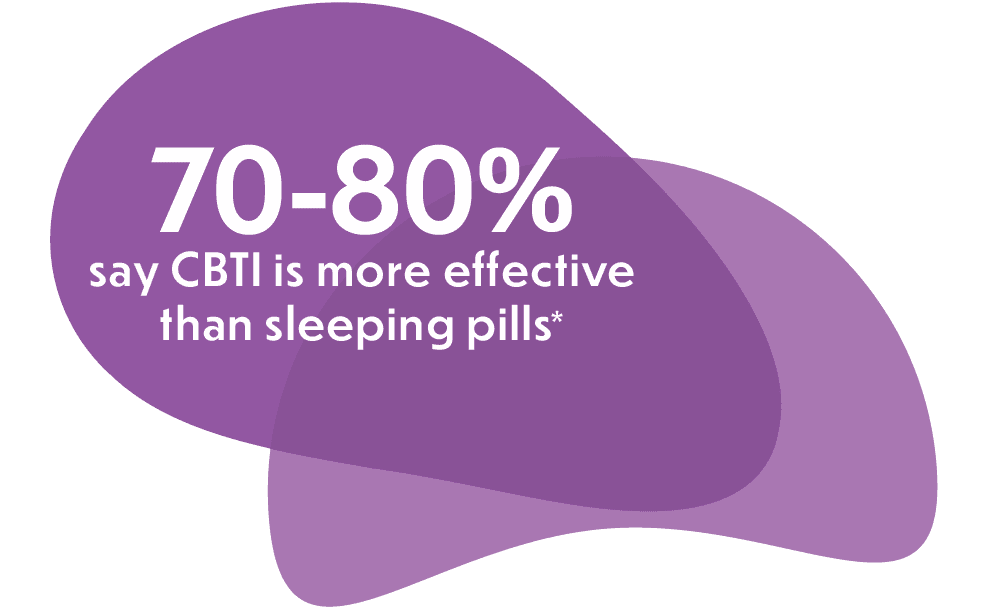
There are many factors which can cause insomnia. Our cognitive behavioural therapy for insomnia programme aims to reduce this sleep-related anxiety and aid relaxation for better quality sleep. In fact, up to 36% of people living with insomnia also have anxiety disorder. There’s a lot of anxiety around sleep – or the lack of it”.Ĭonsequentially, insomnia can perpetuate or worsen mental health conditions, such as depression or anxiety.

If people aren’t sleeping, they may be worrying about whether they’ll sleep that night. Aside from fatigue and daytime sleepiness, chronically disturbed sleep can cause irritability, impaired concentration and reduced motivation.Īs a result, insomnia can affect work performance and even relationships, as many people avoid socialising as they’re worried it may affect their evening routine and they won’t get any sleep.ĭr Allie Hare, consultant physician in respiratory and sleep medicine at Royal Brompton Hospital, explains: “Insomnia is a 24-hour condition. However, only 6% of the population has been diagnosed with insomnia, with chronic insomnia being diagnosed when the sleep disturbances occur more than three times a week, and last for more than three months.ĭespite being associated with night-time, insomnia can widely affect aspects of the waking day. Insomnia is a sleep condition which affects a person’s ability to fall asleep or stay asleep.ĭisturbed sleep is common, with around one third of adults having difficulty sleeping.


Our cognitive behavioural therapy for insomnia (CBTi) programme can improve sleep disturbances within 8 weeks, working to address sleep-related anxiety, address behavioural sleep issues and aid relaxation for improved sleep quality. Sleep is an essential part of our biological functioning, but chronic sleep disturbances can have adverse effects on our overall health.


 0 kommentar(er)
0 kommentar(er)
